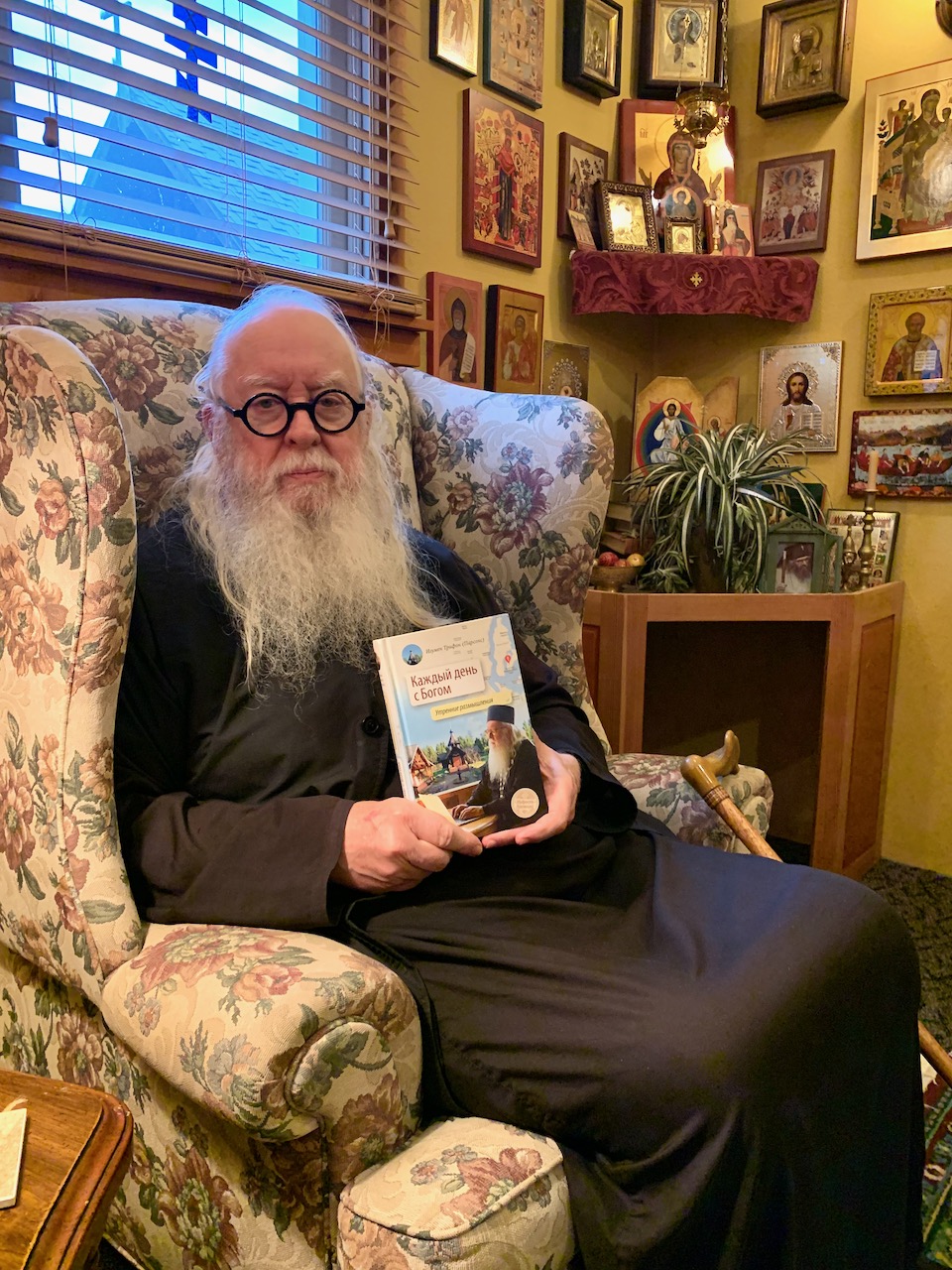The Meaning of Salvation in the Ancient Church

According to Protopresbyter George Metallinos, Dean of the Athens University School of Theology, “For we Orthodox the unique and absolute goal of life in Christ is theosis, our union with God, so that man – through his participation in God’s uncreated energy – may become “by the Grace of God” that which God is by nature (without beginning and without end). This is what “salvation” means, in Christianity.”
As Christians we know that salvation is an ongoing process that, as believers, we are called to cooperate in. We are instructed to “Repent: for the kingdom of heaven is at hand” (Matthew 4:17). The Apostle Paul made clear the necessity of human cooperation when he told us to “work out your own salvation with fear and trembling; for it is God who is at work in you, enabling you both to will and to work for his good pleasure (Philippians 2:1–13)”.
Our salvation is a process by which we become more and more like Christ. Our faith is a free gift from God, not dependent upon anything we can do, but this life long process of salvation requires that we cooperate with God’s grace, that we might be transformed by the Holy Spirit, and made holy. If we are to spend eternity with God, transformation must take place.
The sole purpose of the Church is the salvation of every human person, whereby we are united to Christ, and transformed by Him in all holiness, and prepared for eternal life. Through the Church we hear the Good News, that Jesus is the Christ, the Messiah, and that he rose from the dead, and because of this we have eternal life. This work of salvation is a gradual, life-long process by which Christians become more and more like Christ. Our salvation begins the moment we commit ourselves to Christ, and within the abounding grace of the Holy Spirit, we are ever drawn closer in communion with God.
Theosis goes far beyond the simple restoration of people to their state before the Fall. Because Christ united the human and divine natures in his person, it is now possible for us to experience closer fellowship with God than Adam and Eve initially experienced in the Garden of Eden. Some Orthodox theologians go so far as to say that Jesus would have become incarnate for this reason alone, even if Adam and Eve had never sinned.
With love in Christ,
Abbot Tryphon
Photo: A hardbound version of my book, The Morning Offering, has been translated into Russian and published by Sretensky Monastery in Moscow.
Friday January 6, 2023 / December 24, 2022
30th Week after Pentecost. Tone four.
Fast. Food with Oil
The Eve of the Nativity of Christ.
Nun-martyr Eugenia of Rome, and with her Martyrs Philip her father, Protus, Hyacinth (Jacinth), Basilla, and Claudia (262).
New Hieromartyr Innocentius (1928).
New Hieromartyr Sergius priest (1942).
Venerable Nicholas the Monk of Bulgaria (9th c.).
Venerable Antioch, monk of Palestine (635), and St. Vitimionus of Scete.
New Martyr Achmed (Ahmet) the Calligrapher (or Architect) of Constantinople (1682) (Greek).
Venerable Aphrodisius, monk of Palestine (6th c.).
The Scripture Readings
Hebrews 1:1-2 Royal Hours – 1st Hour
Matthew 1:18-25 Royal Hours – 1st Hour
Galatians 3:23-29 Royal Hours – 3rd Hour
Luke 2:1-20 Royal Hours – 3rd Hour
Hebrews 1:10-2:3 Royal Hours – 6th Hour
Matthew 2:1-12 Royal Hours – 6th Hour
Hebrews 2:11-18 Royal Hours – 9th Hour
Matthew 2:13-23 Royal Hours – 9th Hour
Hebrews 1:1-12 Liturgy
Luke 2:1-20 Liturgy
